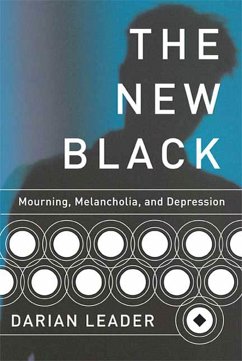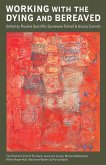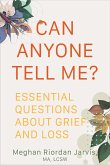Fifty years ago, the terms mourning and melancholia were part of the psychological lexicon. Today, in a world of rapid diagnoses, quick cures, and big pharmaceutical dollars, the catch-all concept of depression has evolved to take their place. In The New Black, Darian Leader argues that this shift is more than semantic; rather, it speaks to our culture's complicated relationship with loss, suffering, and grief. Part memoir, part cultural analysis, Leader draws on examples from literature, art, cinema, and history, as well as case studies from his work as a psychologist, to explore the unconscious ways our culture responds to the experience of loss. He visits a bookstore in search of studies on mourning, and, finding none, moves on to the fiction and poetry sections, where he finds countless examples of mourning in literature. Moving from historical texts of the Middle Ages, to Freud's essays, to Lacan, to Joan Didion's The Year of Magical Thinking, Leader provides an innovative tour of mourning and melancholia and our culture's struggle to understand them.
Hinweis: Dieser Artikel kann nur an eine deutsche Lieferadresse ausgeliefert werden.
Hinweis: Dieser Artikel kann nur an eine deutsche Lieferadresse ausgeliefert werden.








